Captain America Writer Ed Brubaker And More Say DC And Marvel Still Not Paying Creators Royalties For Movies Based On Their Work
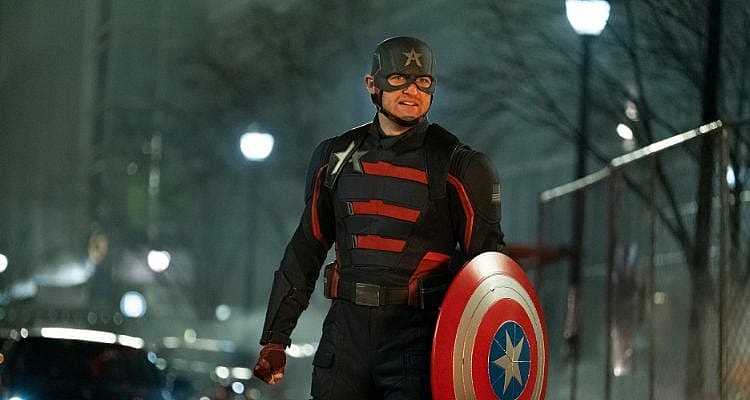
Marvel and DC’s contractual and copyright clashes with creators they did dirty are far from a thing of the past. In fact, these woes are augmented in the age of billion-dollar superhero blockbusters built around major franchises.

Related: Marvel Stans Angry At Marvel For Promoting What If’s Captain Carter
“I’ve been offered a [special character contract] that was really, really terrible, but it was that or nothing,” an anonymous Marvel creator said to The Guardian when discussing a deal “which allows a select few creators to claim remuneration when their characters or stories are used.”
“And then instead of honoring it, they send a thank you note and are like, ‘Here’s some money we don’t owe you!’ and it’s five grand,” said the creator in reference to a contract and $5,000 payment they sent as an acknowledgment. “And you’re like, ‘The movie made a billion dollars.’”
Sources confirmed the amount to The Guardian which comes with a no-obligation offer to attend a film’s premiere. It’s either that, they add, what their sources call “a tacit acknowledgment that compensation was due,” the contract, or nothing.
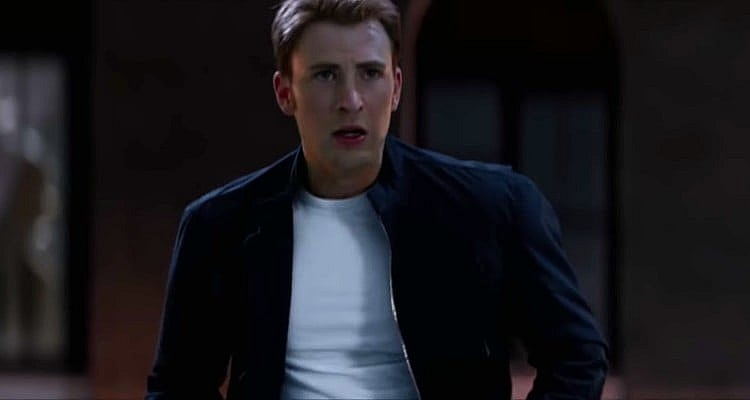
Related Rumor: Thor: Love and Thunder Director Taika Waititi In Talks To Helm DC Film
Normally, Marvel and DC assemble a laundry list of names for a thank-you section toward the end of the credits. Captain America writer and Winter Soldier co-creator Ed Brubaker knows this kerfuffle of an imbroglio all too well and sounded off on the scandal in a statement.
Though Brubaker is personally secure from a financial standpoint and career-wise, he states that he felt obligated to react to the sickening unfairness of the situation.
“For the most part, all Steve [Epting] and I have got for creating the Winter Soldier and his storyline is a ‘thanks’ here or there, and over the years that’s become harder and harder to live with,” he said.
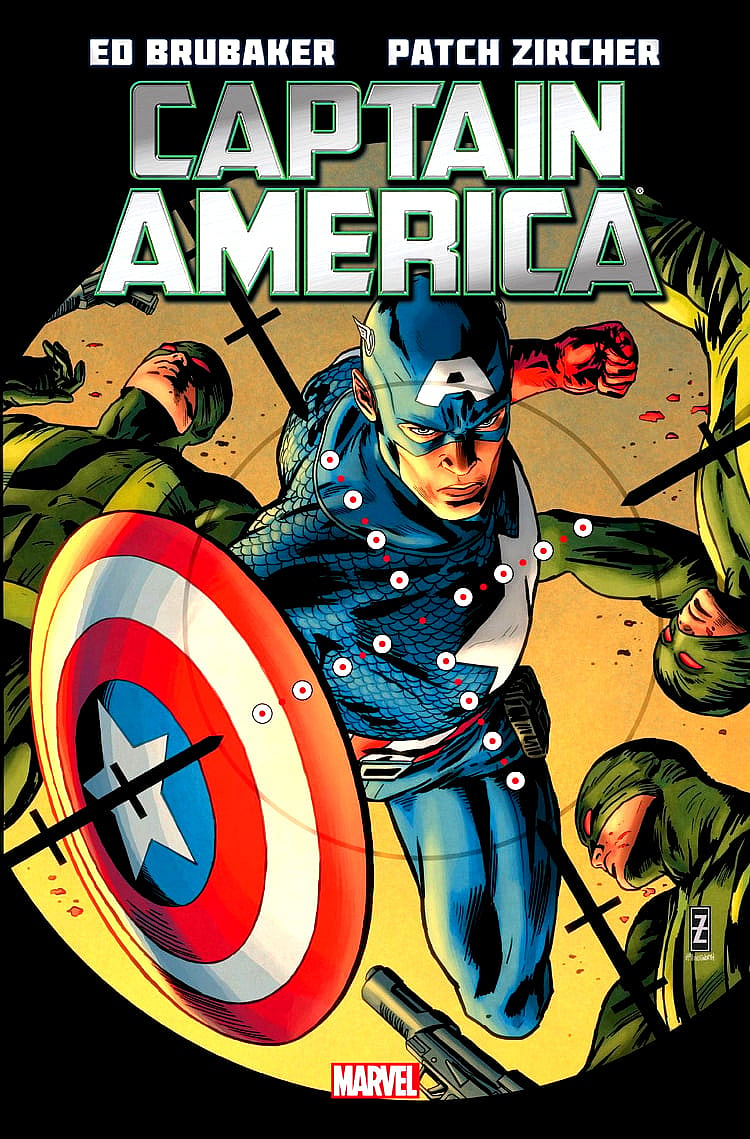
“I have a great life as a writer and much of it is because of Cap and the Winter Soldier bringing so many readers to my other work,” Brubaker added. “But I also can’t deny feeling a bit sick to my stomach sometimes when my inbox fills up with people wanting comments on the show.”
He and co-writer Steve Epting have a prominent supporter in Black Panther and JJ Abrams Superman writer Ta-Nehisi Coates, who also has a well-known run on Cap.
“Long before I was writing Captain America, I read [Brubaker and Epting’s] Death of Captain America storyline, and Return of the Winter Soldier, and it was some of the most thrilling storytelling I’d ever read,” Coates said.

Related: Ta-Nehisi Coates Calls Out Marvel And Their Treatment Of Creators: “It’s Not Pretty At All”
“I’d rather read it than watch the movies – I love the movies too – but it doesn’t seem just for them to extract what Steve and Ed put into this and create a multi-billion dollar franchise,” he added. “Just because it’s in a contract doesn’t make it right. If I have some kind of leverage over you, I can get you to sign a contract to f–k you over. It’s just legalist.”
Jonah Hex/Painkiller Jane writer Jimmy Palmiotti offered his advice too: “Lawyer up, always, with comic book company contracts. They are not in the business of feeding you the math.” He added creators can access lost earnings once a year through an audit that’s extremely rare for them to use as a loophole. “I can count on one hand the number of creators who’ve actually audited a major comics company.”
The comic industry’s work-for-hire arrangement means at a minimum the big publishers owe creators little more than a fee and royalties. They keep people on with the incentive of a steady gig and a share in profits, which is paying off for a lot of writers and artists with the popularity of the MCU and the DCEU.

That hasn’t always been the case as Marvel’s relationship with Jack Kirby deteriorated under Jim Shooter and DC kept Jerry Siegel and Joe Shuster out of the equation for years when it came to profiting from their big creation, Superman.
In more recent memory, DC phased out paying Gerry Ordway for Power Girl – due to the similarity to Supergirl that can’t be helped given her origin – and enacted their prerogative to print Watchmen sequels without the consent of Alan Moore or Dave Gibbons. This is ironic behavior when the Kirby situation inspired them to pioneer the kind of “special character contracts” dissected by The Guardian, starting in the 1980s.
The Watchmen situation only happened after editor Paul Levitz left in 2009. Under his tenure with Jeanette Kahn, a great deal of fairness was introduced into their treatment of creators in a legacy Levitz is proud of despite the obsolescence of the practice today.
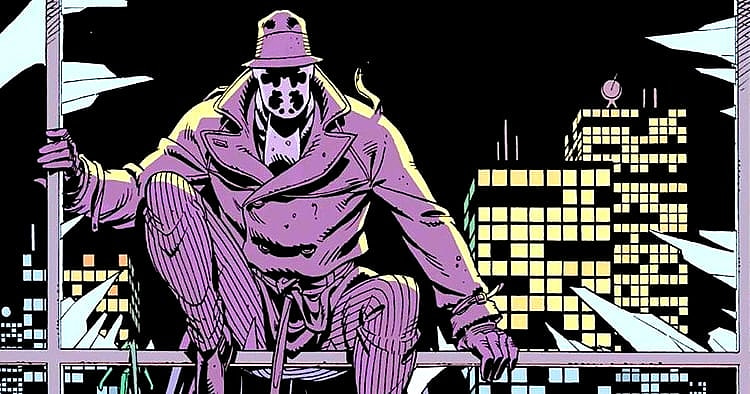
Related: Warner Bros. Announces Superman: The Complete Animated Series Blu-Ray And Digital Box Set
“You want to create a situation where you never get to the old Russian joke where they pretend to pay us, and we pretend to work,” Levitz explained. “You want people to win when the companies win. I’m proud of the fact that we improved the quality of how we treated creative people.”
Fast-forward 30 years and DC, as well as Marvel’s suzerainty under corporate ownership, raises new questions and concerns about how contracts with creatives should be negotiated.
As The Guardian reports, “Now, deciding what share of the success their comic creators deserve is a matter of complex wrangling between Marvel and DC, which want to maintain good relations with their talent, and the vast bureaucracies above them.”
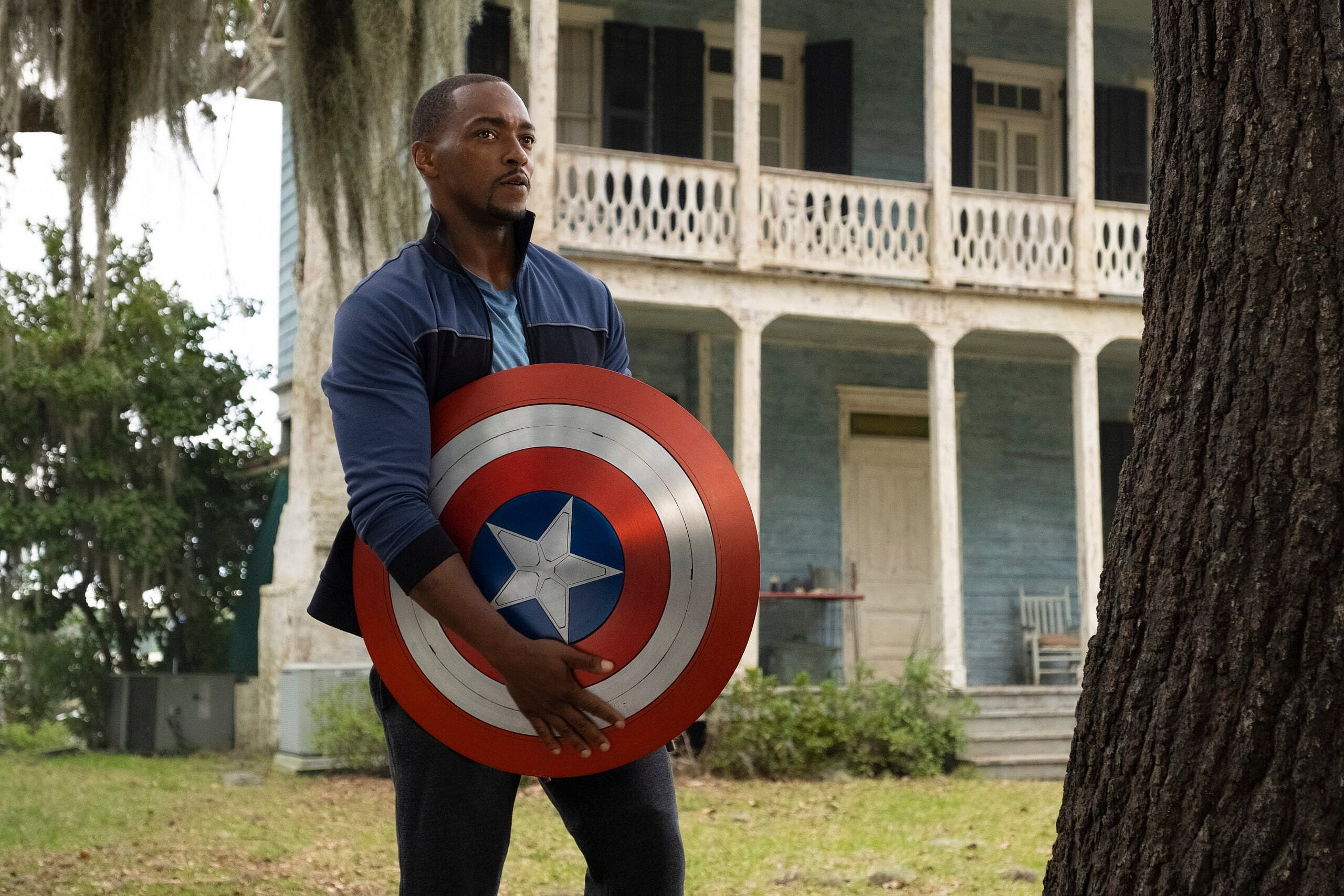
Related: Eidos-Montréal Reveals How Star-Lord Got His Name In Marvel’s Guardians of the Galaxy
They add their sources suggest that at Marvel, who “subtracted its own legal fees from a protracted negotiation over royalty payments,” it is harder to get paid – although the piece notes both companies “count on artists and writers preferring not to spend time chasing them for royalties.”
Neither DC nor Marvel cared to comment on the claims and findings above. You can if you wish, though. Make your voices heard down below.
